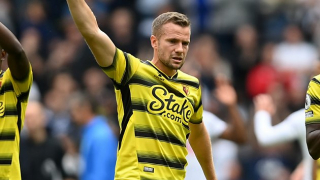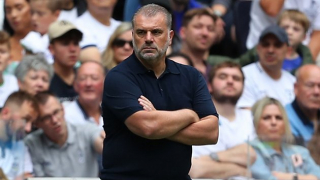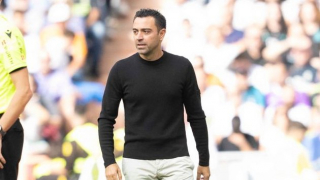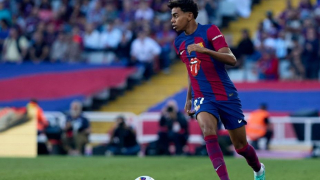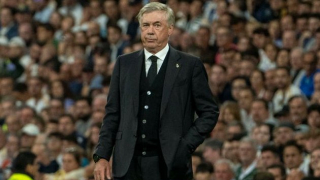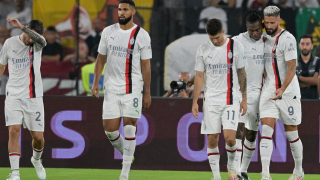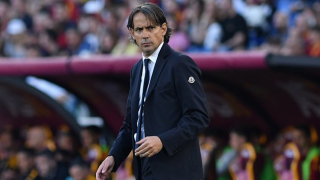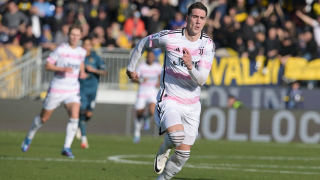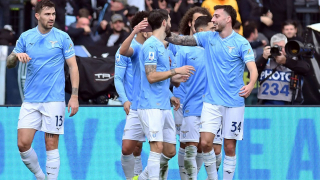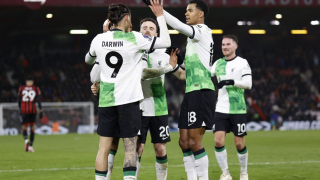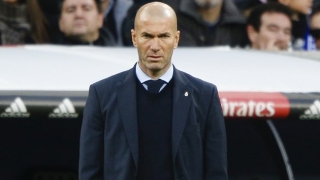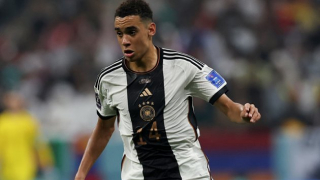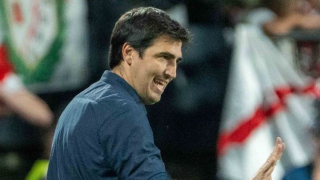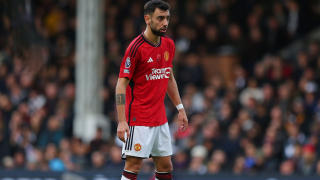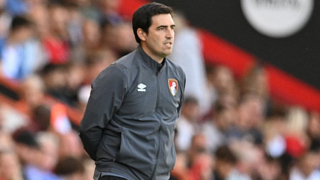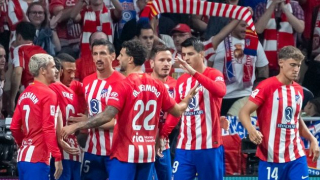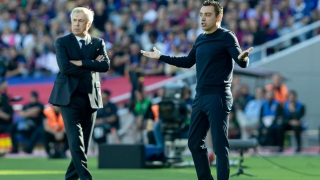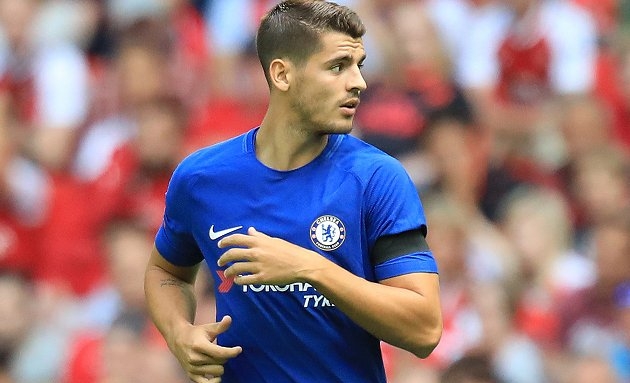Manchester City and Manchester United hold identical records after five matches of the new Premier League season thanks to comfortable wins against Watford and Everton respectively, even though only one team deserved to win by such a margin.
But this was a weekend in which we learnt more about those who didn't win their matches, with intriguing performances from Everton, Crystal Palace, Arsenal, and Chelsea taking centre stage.
Here are three tactical things we learnt this weekend:
1) Arsenal's disciplined midfield shows Chelsea need more energy up front
Arsene Wenger deserves credit for the caution with which his side approached the game at Stamford Bridge on Sunday, in which Granit Xhaka and Aaron Ramsey cleverly took a step back to ensure the hosts could not break through their often flimsy midfield.
However, Arsenal tend to play well against Chelsea because their formations mirror one another, simplifying the individual battles across the pitch and therefore making Wenger's inadequate tactical coaching less relevant.
Chelsea should have adapted their system to counter the Gunners' nullification in the middle, a problem that has occurred in each of the last three meetings between the sides. Xhaka and Ramsey sat on top of N'Golo Kante and Cesc Fabregas, ensuring neither could find a forward pass when receiving the ball and therefore taking Pedro and Willian out of the game.
Arsenal also stamped out Chelsea's counter-attacks easily because their three centre-backs could essentially man-mark the three Chelsea forwards; 3-4-3 versus 3-4-3 clearly helped Arsenal's decision-making.
Despite this pattern emerging early in the match, Antonio Conte did little to rectify the situation, exposing his lack of backup options - which could hurt their title challenge.
He needed Alvaro Morata to make runs off the shoulder of the last defender in order to give his players a long ball option, which would have pulled the Arsenal defence backwards and opened up a gap between defence and midfield for Willian/Pedro to seize upon. Instead, everything was played in front of the back four, helping Arsenal to keep their shape.
It would appear that Morata is not as energetic – and is not able to read the game – as well as Diego Costa.
2) Everton's almost-recovery suggests midfield domination is Koeman's goal
Manchester United looked strangely subdued without Paul Pogba in their starting line-up, and although a late flurry of goals symbolised their evolution from last season Jose Mourinho's side were still fortunate to emerge with three points.
Everton's recovery after a poor first ten minutes was characterised by an overload of bodies in central midfield – and it very nearly paid dividends.
Everton began to win all the second balls and quietly grab control of the centre, quickly winning the ball back when dispossessed and feeding Cuco Martina down the right (who frequently exposed Ashley Young, largely because Marcus Rashford stayed high alongside Romelu Lukaku in hope of a counter-attack opportunity).
This theme developed because Everton had five players revolving in the same area of the pitch, all of whom prefer to play in central midfield, and this sucked the game inwards to create space for overlapping wing-backs.
Although it ultimately failed on this occasion, there is light at the end of the tunnel for Ronald Koeman; their lack of pace up front, so often highlighted by pundits, won't be a problem if they continue to pursue a game-plan based on dominating the centre.
3) Hodgson goes back to basics, which will help Loftus-Cheek shine
Crystal Palace's standout performer on Saturday was Ruben Loftus-Cheek, who completed six dribbles and produced three shots on goal on an otherwise unremarkable day for the hosts.
Playing behind Christian Benteke in a 4-4-1-1 formation, Loftus-Cheek excelled in such a direct system; credit should go to Roy Hodgson for identifying how to best use the young Chelsea player.
Benteke won nine headers against Southampton, more than in any other match this season, while Wayne Hennessey attempted 27 long balls, representing a marked increase from his average under Ronald de Boer.
It was no surprise to see Hodgson reinstate the direct, counter-attacking system Sam Allardyce was using towards the end of the previous campaign, but it was interesting to note how quickly and easily Loftus-Cheek adapted to the change.
His powerful dribbling gave Palace a certain swagger in the final third as the 21-year-old made good use of the space Southampton left either side of Benteke.
The Belgian forward tends to draw players towards him, which last season made space for Wilfried Zaha to bear down on goal. In Zaha's absence, it looks like Loftus-Cheek will be the target of Benteke's knock downs.
Best of the week – Manchester City's bold performance
Pep Guardiola is frequently criticised when his all-out attacking formations fail, so it is only fair that we heap praise on him when things go to plan.
Marco Silva's Watford have been playing aggressive football that looks to get in the faces of the opposition, which explains why Guardiola felt the need to pack his team with creative players; he knew there would be spaces to exploit as Watford bravely pushed forward.
Guardiola's narrow 4-4-2 diamond had Kevin de Bruyne play as a right-sided midfielder, although truthfully he played something of a free role in the middle, such was City's dominance from the outset.
Their narrowness in midfield and attack meant Watford couldn't properly clear their lines, while Kyle Walker and Benjamin Mendy provided width to ensure things didn't get too congested in the middle. It was a complete performance.
Worst of the Week - Spurs' lack of attacking depth
It is symptomatic of Tottenham Hotpsur's poor summer transfer window that Moussa Sissoko has already played 229 minutes of Premier League football this season.
Spurs badly needed to sign a creative forward capable of conjuring the occasional moment of brilliance, in order to relieve pressure from Christian Eriksen and break from the systematic football of Mauricio Pochettino, but Daniel Levy failed to improve the current squad.
Their 0-0 draw against Swansea City exemplified everything they lack in the final third. This is the sort of game that other top six sides would have won with a sudden moment of inspiration from a player like Sadio Mane, David Silva, or Eden Hazard, but Spurs do not have an equivalent. There is a cap on how much progress they can make without serious financial investment.

